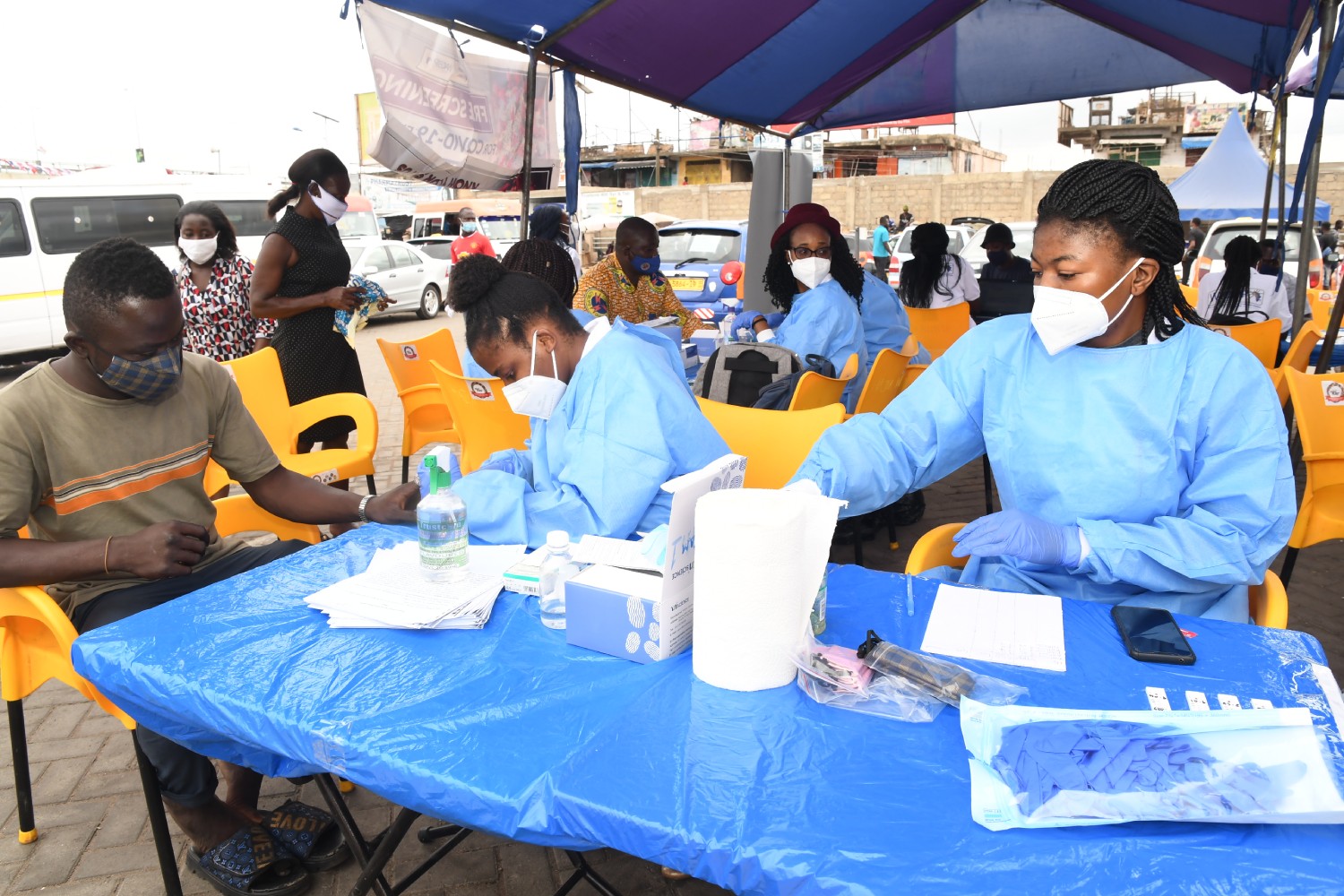Projects
Project summary:
ACEPHAP has been fully involved in the COVID-19 response in Kano State. The center, in collaboration with the BUK COVID-19 testing laboratory, has been involved in COVID-19 molecular testing since the beginning of the pandemic, covering COVID-19 testing in many northern Nigerian states. However, large-scale testing has always been difficult due to the need for higher technical expertise to perform molecular testing with expensive equipment and reagents.
This project proposal is seeking funding from the West African Network for Infectious Diseases (WANIDA). Accurately establish the actual level of exposure to SARS-CoV-2 in the population of north-western Nigeria, thereby estimating the true prevalence of SARS-CoV-2 in north-western Nigeria and monitoring the response and spread of the virus. This project will also help determine the best RDT kits for screening.
This research project will also provide valuable information on immunity and transmission of the COVID-19 population across the Nigerian border in the north-western part of the country, as well as support for vaccine distribution.
Background :
SARS-CoV-2 is extremely virulent, like its predecessors SARS-CoV and MERS-CoV, which triggered epidemics in 2003 and 2012. Transmission of SARS-CoV-2 in Africa was initially slow, with few cases reported in Egypt following its first appearance on February 14, 2020.
In most African countries, many observers attributed the low recorded incidence rate of COVID-19 to under-diagnosis. The disease spread rapidly around the world, and the WHO declared Coronavirus 2019 (COVID-19) a pandemic on February 24, 2020.
Although public health initiatives such as vaccination and quarantine have been adopted worldwide, the morbidity and mortality associated with COVID-19 remains a threat to health and economic growth. The worldwide shortage of diagnostic tests, particularly swabs for respiratory specimen collection, the prevalence of false-negative results and the inability to perform rapid, bulk testing for hospital admissions underline the need to develop alternative testing methods.
COVID-19 serological tests are largely focused on the identification of single antibodies against SARS-CoV-2 antigens. IgM antibodies are the first to appear in response to initial antigen exposure, while IgG antibodies appear later and are more specific to the antigen. Serological tests can confirm the results of molecular diagnosis, or recognize infected individuals who are negative according to molecular tests. They are inexpensive, rapid and capable of rapid, widespread point-of-care screening. Compared with respiratory sampling, where patients are more likely to disperse the virus, serological samples involve a lower risk for healthcare staff.
In addition, it can help assess the immune status of individuals and estimate herd immunity, since convalescent plasma has been used to treat COVID-19 patients with some success, with antibodies presumed to protect against SARS-CoV-2. Because serological tests have been established rapidly and under urgent market demands, they are not validated in everyday practice with clinical samples (Özçürümez et al., 2020).
There is also a lack of validation evidence from in vitro diagnostic manufacturers who have routinely examined patients with asymptomatic infections. Serological tests, if properly validated with molecular tests, can be better used to assess the true prevalence of infection at population level without running the risk of unnecessarily high rates of false-positive results. Serological detection of antibodies specific to SARS-CoV-2 will thus make it possible to estimate the actual number of infections.
Partners involved :
- ACENTDFB
- WACCBIP
Principal investigators :
- Professor Hadiza Shehu Galadanci, Director/Center Leader, ACEPHAP
- Dr Isah Abubakar Aliyu, Medical Microbiology /Molecular and Clinical Virology, ACEPHAP
Source(s) of funding : WANIDA
Further information: olivia.koupaki@ird.fr / WANIDA Network Coordinator

